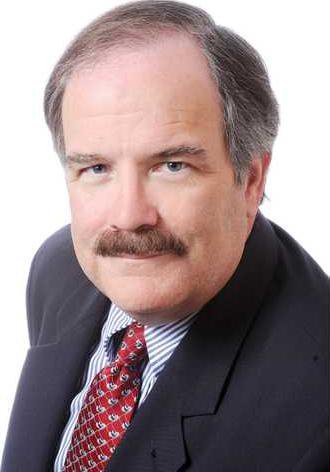Qualifying week, when candidates fill out the paperwork to be on the election ballot, is something I call “put up or shut up” time.
Lots of people talk about running for political office. Qualifying week is the time when you either do it or quit talking about it.
It’s not cheap. If you want to run for Congress in this state, it’ll cost you $5,220 to have your name put on the primary ballot. If you run for Public Service Commission, the qualifying fee is $3,493.57.
On the other hand, legislative offices are still the best bargain in politics. The qualifying fee to run for either the Georgia Senate or the House of Representatives is still untouched by inflation at $400.
Qualifying week is important to those who follow politics because we’ll find out who’s going to run in each of the legislative districts where the incumbent has either passed away or has decided not to run again.
Several veteran lawmakers are not coming back: Sens. Bill Jackson (R-Appling), Tommie Williams (R-Lyons), and Mike Crane (R-Newnan), along with Reps. Mike Dudgeon (R-Johns Creek), Ron Mabra (D-Fayetteville), Matt Ramsey (R-Peachtree City), Margaret Kaiser (D-Atlanta), B. J. Pak (R-Lilburn), the late Bob Bryant (D-Savannah), Stephen Allison (R-Blairsville), and Barbara Sims (R-Augusta).
Qualifying week should also reveal who’s the Democratic opponent for U.S. Sen. Johnny Isakson, the Republican running for a third term.
Democratic Party officials thought they had that candidate when the Rev. Rafael Warnock, pastor of the Ebenezer Baptist Church in Atlanta, said he was strongly considering the race, but Warnock later backed out.
Isakson has been a popular senator with both Republicans and many Democrats during his two terms in office, but there are lingering concerns about the state of his health. He was hospitalized twice in 2010, the last time he ran for office, and he disclosed last year that he has Parkinson’s disease.
Whatever his medical issues may be, Isakson has the one thing every candidate really needs: money, and lots of it. As of Dec. 31, he had nearly $5.57 million in his campaign account, according to Federal Election Commission records.
The only other race for statewide office involves the seat held by Public Service Commissioner Tim Echols.
If a serious candidate wants to run in this race, they can have a lively debate with the incumbent over the PSC’s unwillingness to penalize Georgia Power for the huge cost increases and 39-month delay on the Plant Vogtle nuclear reactors. Echols has been one of the biggest boosters of Georgia Power’s nuclear program. He might be vulnerable on this issue.
Qualifying week could also help determine whether two of the most controversial bills still under consideration by the General Assembly — campus carry of firearms and “religious freedom” — will be passed or not before the end of the session.
The bills touch on very sensitive topics with Georgia voters. They put a lot of pressure on legislators who might want to vote one way, but know that a large portion of their district feels the other way.
If the bills had come up for their final votes prior to qualifying week, legislators who voted the wrong way could find themselves with opposition in their own primary.
Since it is more likely the bills will hang around until after qualifying week is over, lawmakers who don’t end up with primary opposition might feet that the pressure is off. They would be free to vote their conscience on a bill because they would know they have an open road in their primary.
Opponents of the “religious freedom” bill were cheered by Gov. Nathan Deal’s statement last week that he didn’t want to see the measure passed unless it included protections against discrimination.
“I hope we can all just take a deep breath, recognize it is important that we protect fundamental religious beliefs but we don’t have to discriminate against other people in order to do that, and that’s the compromise I’m looking for,” Deal said.
Deal’s words will have an impact on legislators conflicted by the bill, but the presence or absence of primary opposition could weigh even more heavily on their final decision.
We’ll be getting the answers to those and a lot of other questions soon.
Tom Crawford is editor of The Georgia Report, an Internet news service at gareport.com that reports on state government and politics. He can be reached at tcrawford@gareport.com.








